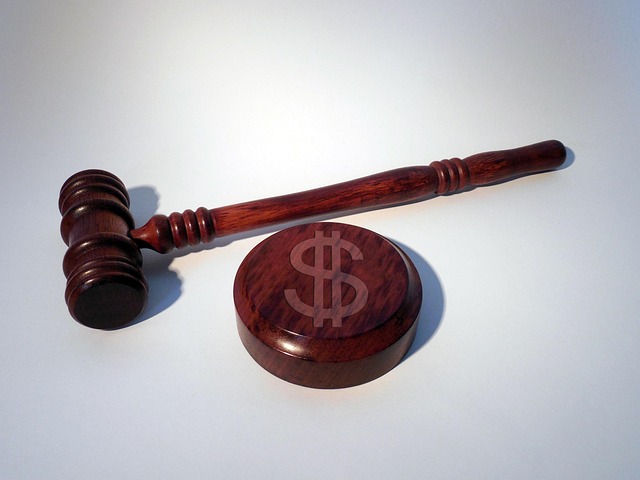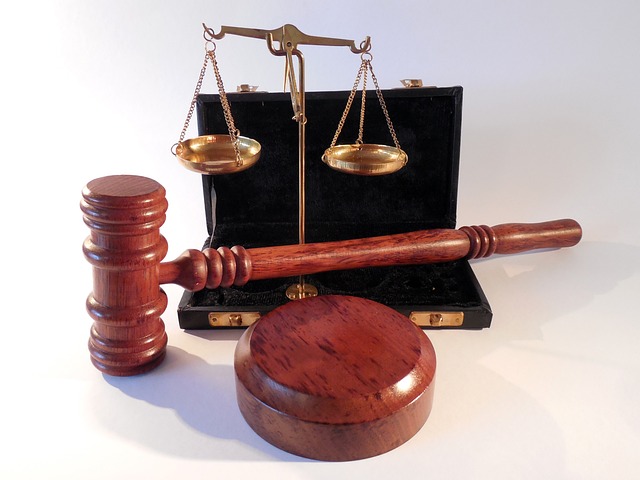Environmental crime trials, focusing on violations of environmental laws, pose complex challenges with severe consequences. Defending against these requires specialized strategies, extensive documentation, and scientific evidence. Greenwashing scams, as financial regulation violations, are a growing concern, demanding robust internal controls and transparent reporting to avoid detection by vigilant regulatory bodies worldwide. International cooperation through treaties and organizations is vital for cross-border cases, leading to high-profile convictions that deter future environmental crimes. Forensics auditing offers meticulous scrutiny to unmask hidden violations, serving as a deterrent and evidence tool. Ultimately, defending against financial regulation violations requires businesses to prioritize sustainability beyond marketing to avoid legal repercussions.
“Environmental Crime Trials: A Comprehensive Look at Protecting Our Planet Through Legal Lenses
As we navigate an era of escalating environmental concerns, understanding and prosecuting environmental crimes have become paramount. This article explores pivotal aspects of environmental justice, focusing on the legal perspective of Environmental Crime Trials. We delve into the intricate world of financial regulation violations, revealing the growing menace of greenwashing scams. Additionally, we examine forensic auditing’s role in unearthing fraud, and the critical importance of international cooperation in tackling cross-border environmental crimes, ultimately defending against financial regulation violations.”
- Understanding Environmental Crime Trials: A Legal Perspective
- Financial Regulation Violations: Uncovering Greenwashing Scams
- The Role of Forensic Auditing in Environmental Cases
- International Cooperation: Tackling Cross-Border Environmental Crimes
Understanding Environmental Crime Trials: A Legal Perspective

Environmental Crime Trials present a unique challenge within the legal system, as they involve the prosecution of individuals or corporations accused of violating environmental laws and regulations. These cases encompass a wide range of offenses, from pollution and habitat destruction to fraudulent reporting and illegal dumping. From a legal perspective, understanding these trials is crucial in defending against financial regulation violations. The complexity arises from the intersection of environmental protection legislation with criminal law, requiring robust legal strategies to navigate these charges effectively.
A general criminal defense strategy may not suffice for environmental crimes, as the consequences can be severe, including substantial fines, asset forfeiture, and even imprisonment. Accused parties must proactively address the specific allegations, often involving extensive documentation and scientific evidence. Furthermore, these trials highlight the intricate relationship between business operations and their environmental impact, bringing into focus the responsibilities of corporations and individuals alike. Avoiding indictment in such cases necessitates a deep understanding of environmental laws and their interpretations, as well as engaging the support of legal experts specializing in this domain, which can be invaluable to both corporate and individual defendants.
Financial Regulation Violations: Uncovering Greenwashing Scams

In the realm of environmental crime trials, financial regulation violations, particularly greenwashing scams, are emerging as a significant concern. Greenwashing refers to the deceptive practice where companies and individuals misrepresent their environmental efforts or products as eco-friendly when they are not. This strategy, often employed by white-collar offenders, aims to manipulate public perception and gain an unfair advantage in the market. By presenting false or exaggerated claims about sustainability, these entities divert attention from their actual impact on the environment, potentially causing substantial harm to ecosystems and communities.
Defending against such financial regulation violations is crucial for ensuring businesses operate within ethical boundaries. Effective strategies include stringent internal controls, transparent reporting, and robust compliance programs. A complete dismissal of all charges in these cases is rare, as the consequences of greenwashing can be severe. Regulatory bodies worldwide are becoming more vigilant, utilizing advanced analytics to uncover intricate schemes. Businesses must prioritize sustainability as a core value, not just a marketing tool, to avoid legal repercussions and foster a genuine positive impact on the environment in their respective industries.
The Role of Forensic Auditing in Environmental Cases

Forensic auditing plays a pivotal role in Environmental Crime Trials by providing an independent and meticulous examination of financial records and transactions. This process helps to uncover potential violations of environmental regulations disguised as legitimate business activities. By scrutinizing every aspect of an organization’s finances, forensic auditors can identify discrepancies that might indicate illegal disposal of waste, falsified reporting of emissions, or other environmentally harmful practices. This evidence is crucial in defending against financial regulation violations and ensuring accountability.
In the context of general criminal defense, a thorough forensic audit serves as a robust tool throughout all stages of the investigative and enforcement process. It aids prosecutors in building a solid case by providing concrete proof that can strengthen their arguments against accused parties. Moreover, it offers an avenue for defendants to challenge accusations and avoid indictment if the audit reveals no malfeasance, demonstrating their commitment to environmental stewardship and due diligence.
International Cooperation: Tackling Cross-Border Environmental Crimes

International cooperation is a cornerstone in defending against cross-border environmental crimes, given their global impact and intricate nature. As environmental regulations become more stringent worldwide, the need for coordinated efforts to combat these illicit activities has never been more pressing. Countries are collaborating through international treaties, agreements, and organizations like Interpol and the UN Environmental Programme (UNEP) to enhance information sharing, joint investigations, and mutual legal assistance. This collective approach ensures that perpetrators, be they corporate or individual clients, face justice across borders, deterring potential environmental criminals from evading liability.
Courtroom battles play a pivotal role in this international cooperation. Jury trials, with their emphasis on public scrutiny and accountability, have been instrumental in securing convictions for high-profile environmental crimes. The outcomes of these trials not only serve as a deterrent but also set precedents that guide future cases, ultimately contributing to the complete dismissal of all charges against those who violate financial regulations designed to protect our planet.
Environmental crime trials are a critical component in defending against financial regulation violations and promoting sustainability. By understanding these legal perspectives, uncovering greenwashing scams through forensic auditing, and fostering international cooperation, we can navigate complex environmental cases effectively. This holistic approach ensures that justice is served, while also strengthening global efforts to protect our planet’s resources for future generations.






